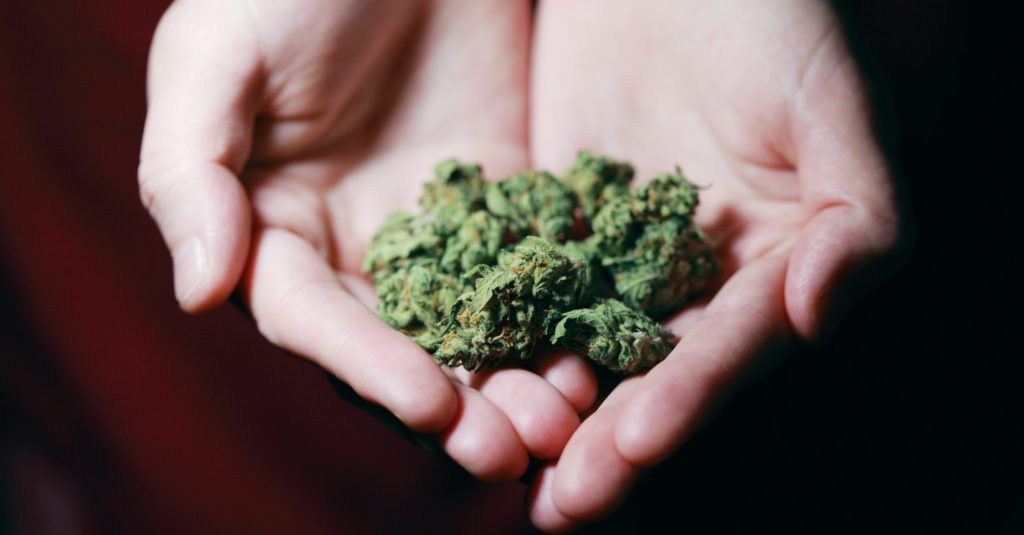Americans are trying to switch from opioids to cannabis – and that’s good, here’s why. As cannabis use has been increasing steadily over the past few years, more and more Americans are turning to cannabis oil as an alternative to opioids. Cannabis oil has been shown to be effective in reducing pain and inflammation, without the dangerous side effects of opioids. Cannabis is also non-addictive, so patients can use it without worry of becoming addicted. Cannabis oil is also being studied as a potential treatment for other conditions like anxiety, depression, and even cancer. So if you or a loved one are struggling with an addiction to opioids, consider trying cannabis oil instead. Cannabis can also be used to treat other conditions such as anxiety and depression. It could just save your life.
Correlation Between Statistics of Cannabis and Opioid Users in the United States
Cannabis Use:
- 22.2 million Americans used cannabis in 2017
- Cannabis use has been increasing steadily over the past few years
- Cannabis is most popular among young adults aged 18-25
Opioid Use:
- An estimated 2.1 million Americans struggled with an opioid addiction in 2016
- Opioid use has been increasing steadily over the past few years
- Opioid abuse is most common among adults aged 25-54
Definition of Opioids
Opioids are a class of drugs that include the illegal drug heroin, as well as pain relievers available legally by prescription, such as oxycodone, hydrocodone, codeine, morphine, and many others.
These drugs are used to relieve pain and can be highly addictive. Cannabis is sometimes used as an opioid substitution therapy to help people wean off of more dangerous opioids. Cannabis is not itself an opioid, but it does share some of the same effects.
Opiate Abuse
Opiate abuse is a serious problem in the United States. Cannabis is often used as a way to self-medicate or cope with the negative effects of opioids. Opiate abuse can lead to addiction, overdose, and death. Cannabis can help to alleviate some of the negative effects of opioids, including pain relief and anxiety reduction. Cannabis can also help to reduce the risk of relapse for those who are trying to quit opioids.

Weighing the Dangers of Cannabis
Cannabis has been illegal in Colorado for over a century, but that may soon change. A number of states have decriminalized or legalized the drug in recent years, and public opinion on cannabis has shifted dramatically. A 2018 Gallup poll found that 64 percent of Americans now support legalization, up from just 31 percent in 2001.
As the debate over legalization heats up, it’s important to weigh the potential risks and benefits of making cannabis legal. There are arguments on both sides, but here are some key things to consider:
The immediate harms of cannabis use are relatively mild. Cannabis is not a physically addictive drug like heroin or alcohol, and it’s very rare for people to overdose on it. The most common risk associated with cannabis use is short-term memory loss, which can make it difficult to learn or remember new information.
But cannabis can also have long-term effects on the brain, especially if it’s used regularly during adolescence. Cannabis use has been linked with an increased risk of psychiatric problems like anxiety and depression, and it can also worsen symptoms of existing mental health conditions. There’s also some evidence that regular cannabis use can lead to cognitive decline in later life.
So while the immediate risks of cannabis use may be relatively small, there are still potential dangers that should be considered. It’s important to seek a balance between protecting public health and giving people the freedom to make their own choices.
